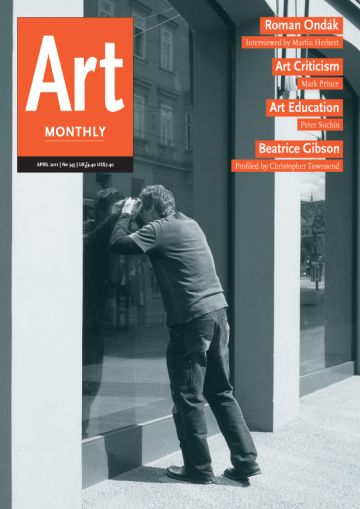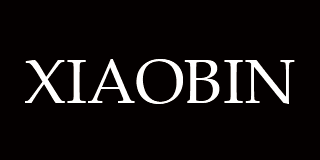Art Monthly 345
April 2011
Roman Ondák
Interviewed by Martin Herbert
Art Criticism
Mark Prince
Art Education
Peter Suchin
Beatrice Gibson
Profiled by Christopher Townsend
Buy Now – select:
Want to read this right now?
Get instant access to the entire back catalogue via Exact Editions from only £8.99!
Contents
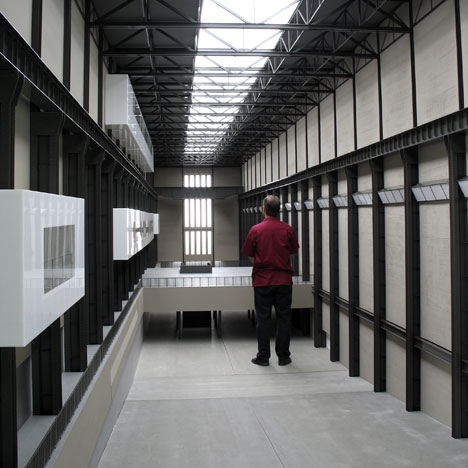
Roman Ondák It Will All Turn Out Right in the End 2005-06
Interview
Time Capsule
Roman Ondák interviewed by Martin Herbert
Slovakian artist Roman Ondák's artwork varies from subtle interventions to large-scale choreographies: from a performance where a man hesitantly looks through a gallery window to the unexpected arrival in a building of a huge crowd. Coinciding with his exhibition at Modern Art Oxford, here he talks about works that open into imaginative spaces, and public collaboration that is as simple as joining a queue.
'I am interested in this kind of performative work that involves a large number of people, sometimes more than you can count, and seeing how people choose to behave in such situations.'
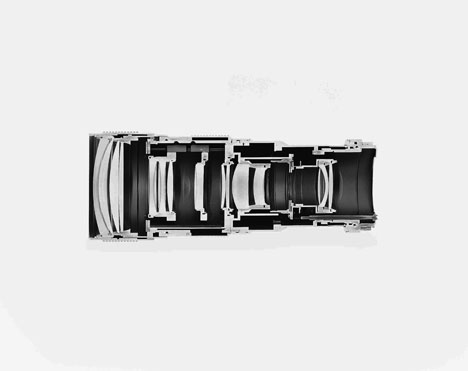
Christopher Williams Cutaway of a SCHNEIDER VARIOGON 5.6/125-250 mm ... 2009
Feature
Art Criticism
Mark Prince on the slippage between the boundaries of art and criticism
Art criticism is hard to pin down because it habitually crosses boundaries with other disciplines. But what happens when artists incorporate models of criticism into the artwork itself? Are they merely creating a stage prop that signals 'objectivity', or does criticism's slippery nature allow artists to dodge the culture industry's simple rules of commodification?
'Critical distance opens up a temporal remove. But a remove from what? The moral implication of the artistic act ratified and objectified by the critical act which qualifies it, is itself qualified by the overlap of the terms.'
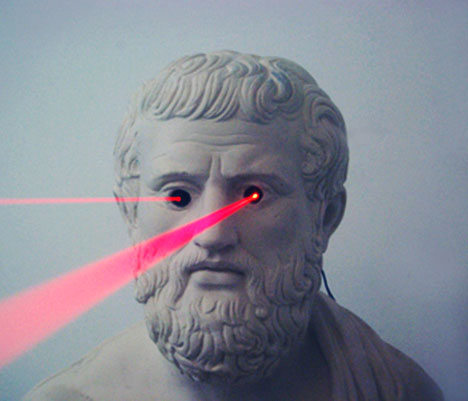
PsychoanalYSL The Emaciated Spectator 2011
Feature
Rebel Without a Course
Peter Suchin on the academicisation of art education
The rise of the practice-based PhD raises a number of questions concerning how art is given validation within culture and what kind of art such validation methods are given to produce. After all, what kind of artist would choose to seek approval from the institution?
'Michael Baldwin's view of academia rightly regards certain features of its modus operandi as emasculatory and restrictive rather than emancipatory: "The internally complex artistic products of post-Duchampian times are extraordinarily amenable to administrative priorities. We might even say they are directed at them."'
Comment
Editorial
Lies, Damn Lies and Spin
With the BBC referring to government funding cuts as 'savings', it is clear that the Tory-led coalition is winning the PR war. But when the mainstream media unquestioningly repeats culture secretary Jeremy Hunt's claim that his cuts to the arts represent a mere 15% reduction in funding, it is time to re-examine the facts.
'Thus by sleight of hand the magical figure of 15% was conjured as though out of the chancellor's hat, while the true scale of the proposed cuts was concealed in his red box.'
Letters
JJ Charlesworth challenges Dean Kenning's championing of the welfare state and its role in art education. Peter Suchin takes issue with Dave Beech's feature on ugliness. Dave Beech responds by clarifying exactly how his and Suchin's positions differ.
Artnotes
The Department for Culture, Media and Sport's £1bn budget is compared against government support for other sectors; Labour MP Tristram Hunt makes a clumsy attack on his party's flagship arts policy of free entry to national museums; Jake & Dinos Chapman support civil disobedience by launching a fund to pay student protestors' fines; anti-BP oil protests continue at Tate and the National Portrait Gallery; artists boycott the Guggenheim due to labour conditions in Abu Dhabi; a new London art fair is cancelled before it even begins; Ikon Eastside closes due to funding cuts while private galleries continue to open; and all the latest news on art world appointments, prizes and more.
Submissions: Send Artnotes info to artnotes@artmonthly.co.uk
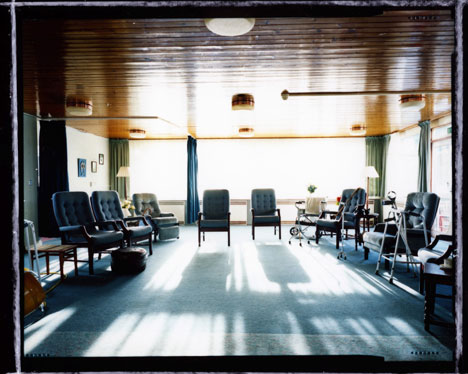
Beatrice Gibson Empty Set, The Future's Getting Old Like the Rest Of Us 2009
Profile
Beatrice Gibson
Christopher Townsend profiles the British experimental filmmaker
Beatrice Gibson uses film to explore the legacies of Modernism. But rather than focus on failures and ruins, Gibson examines the recuperation of rational architecture through pragmatic use, and relishes the fact that Modernism's blank opacity can work to resist marketisation.
'Architecture in Beatrice Gibson's work should not be read only as the language of habitable forms in space. Rather, we are concerned with the architecture of ideas, of rhetoric and the structures it inhabits.'
Reviews
Exhibitions
Susan Hiller
Tate Britain, London
Timothy Taylor Gallery, London
Richard Grayson
Douglas Gordon: k.364
Lisson Gallery, London
Maria Walsh
Lindsay Seers: It has to be this way2
Baltic, Gateshead
Paul Usherwood
Michael Fortune
PEER, London
Larne Abse Gogarty
Mathieu Kleyebe Abonnenc: Foreword to Guns for Banta
Gasworks, London
Omar Kholeif
Melanie Counsell: Lutecia
Works/Projects, Bristol
David Trigg
Robert Orchardson: Endless Facade
Ikon Gallery, Birmingham
Bob Dickinson
Manfred Pernice: déjàVu
Dundee Contemporary Arts
Rosie Lesso
Lydia Gifford: Its Hurtling Gold
Laura Bartlett Gallery, London
Peter Suchin
General Idea: Haute Culture
Musée d'art de la Ville de Paris
Morgan Quaintance
Nancy Spero
Serpentine Gallery, London
Cherry Smyth
Cory Arcangel: Beat the Champ
Barbican, London
Marcus Verhagen
Reviews
Artists' Books
Taryn Simon: Contraband
Colin Perry on the US artist's book of items intercepted at JFK Airport
'In Contraband, where the subjects are mute objects rather than people, it is even possible to read these as traces of something epic – a system that is so vast and ruthless that it might seem sublime.'
Reviews
Books
Listening to Noise and Silence
Mike Watson on Salome Voegelin's book on the philosophy of sound art
'Throughout the text Voegelin admixes philosophical study with close personal analyses of artworks, via a focus upon sound art as a rejection of the hegemonic discourse of retinal art.'
September: A History Painting by Gerhard Richter
Anna Dezeuze on Robert Storr's analysis of Richter's response to 9/11
'Gerhard Richter knew that it was impossible, for a German, to denounce the US carpet-bombing of German cities. This inability to take sides solidified into a systematic unwillingness, in his oeuvre as a whole, to "accuse" anyone – a quality greatly appreciated by Robert Storr in the context of increasingly Coulterised US politics.'
Salerooms
London
Close to the Top
Colin Gleadell on sales that returned to pre-crash prices
'By the end of the series, Sotheby's, Christie's and Phillips de Pury & Co had taken £187.4m, the fourth highest for a series of contemporary art sales in London. The total comfortably exceeded the pre-sales estimate of £111-158m and was a 51% increase on last February's sales. It was also a 335% increase on February 2009.'
Artlaw
Contracts
Sculpture Competitions
Henry Lydiate on a grey area where prizes are commissions
'The competition organisers might think that the winning artist's prize will not be cash but rather a commission from them to execute and install the proposed artwork, in consideration for which the artist will be paid the cash. Say, after choosing and announcing the winner, the organisers for some reason decide not to proceed with the commission. Is the artist entitled to be paid?'
Listings
Exhibitions
Exhibition listings
Art Monthly's exhibition listings can also be viewed online.
Submissions: Send Listings info to listings@artmonthly.co.uk

